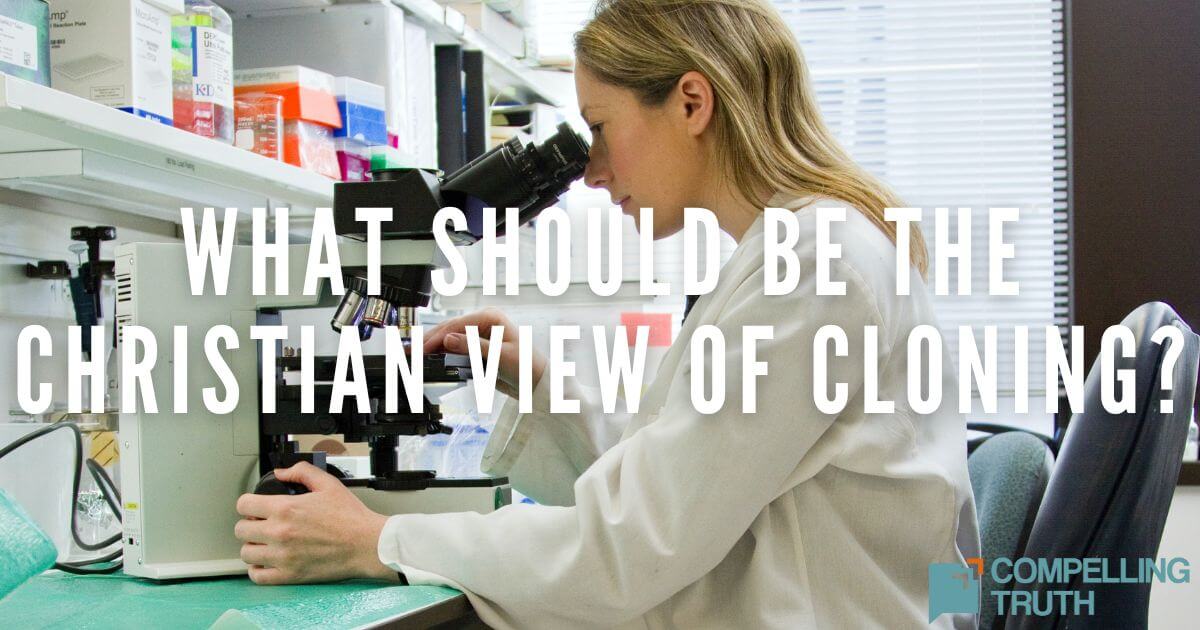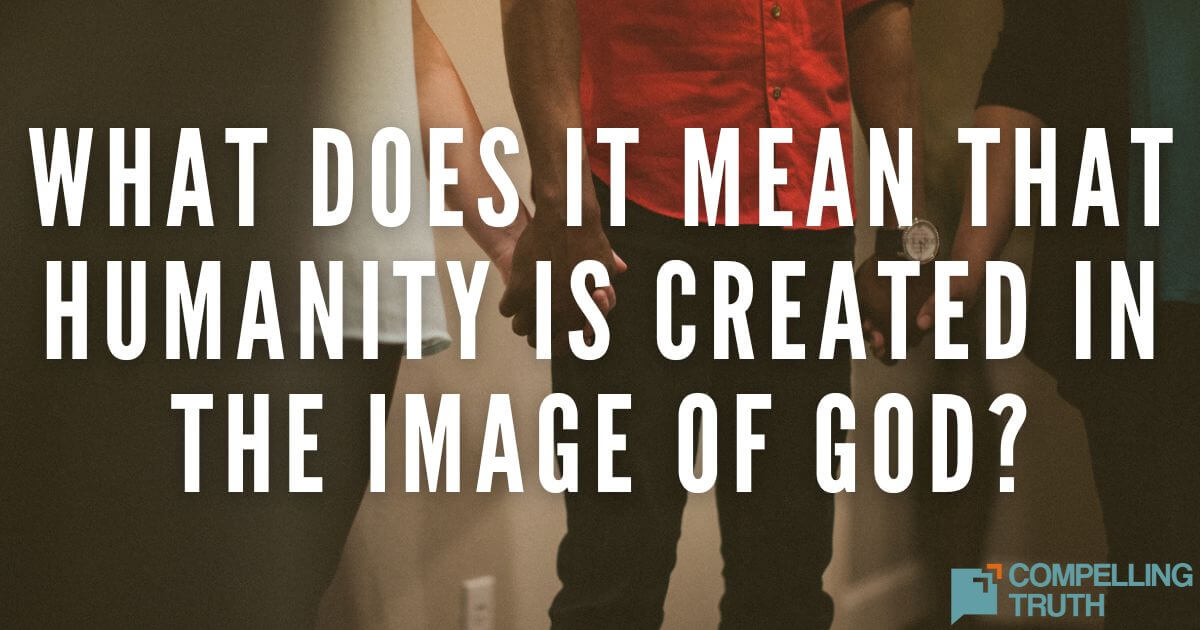Genetic engineering is the attempt to change an organism, or certain aspects of the organism, by working with its genetic material. A common example of genetic engineering is "GMO" produce. GMO stands for "genetically modified organism" and describes a crop, like corn, which is modified to withstand certain types of diseases that make the produce look or taste less appealing to insects. This sounds harmless enough, but many studies have shown that genetic engineering has potentially devastating, long-term ecological consequences.
The Bible teaches that humans are stewards of creation, responsible for caring for the Earth and its creatures (Genesis 1:28; 2:15). This includes cultivating the land and ensuring the well-being of animals and plants under our care. Genetic engineering could align with this stewardship by improving food production, preventing disease, or addressing hunger. Proverbs 12:10 highlights the moral obligation to treat animals with care: "Whoever is righteous has regard for the life of his beast, but the mercy of the wicked is cruel."
However, Scripture also warns against the arrogance of exceeding God’s intentions. The fall of humanity in Genesis 3:1–5 occurred when Adam and Eve sought knowledge and power beyond their rightful bounds. Modifying genetic structures, especially in humans, can echo this temptation to "be like God," risking unintended consequences both physically and spiritually.
Furthermore, Romans 8:22 reminds us that creation groans under the weight of sin. While genetic engineering might help mitigate some effects of the fall, Christians must remain mindful of the limits of human understanding and the potential for harm. Balancing the command to steward creation with humility and caution is essential in addressing genetic engineering.
God put man in charge of creation from the beginning (Genesis 1:28; 2:15-20). Creation "fell" when man did. Our sin literally plunged all of creation into chaos. Animals suffer, kill, and eat one another because of man's sin; this is not their natural state (Isaiah 11:6; 65:25). The ground produces thorns and thistles because of the fall of man, as a result of the curse (Genesis 3:17-19). Before sin, the Earth bore only healthy, perfect food. This will be the case again someday (Revelation 22:2). But for now, we know two things: humanity is responsible for weaknesses and cruelty in creation, and we are yet responsible to care for this world. Furthermore, our treatment of animal life is clearly a moral issue: "A righteous man regardeth the life of his beast: but the tender mercies of the wicked are cruel" (Proverbs 12:10 KJV).
Some would argue that using genetic engineering is a way to help reverse some of the curse put upon creation. It can potentially be used to help ensure sustainable crops and access to food in areas that struggle with production. Perhaps genetic modification can prevent or cure diseases. Others argue that genetically modifying creation is overstepping the bounds and may even echo the fall in trying to take knowledge that was not meant for us (Genesis 3:1-5). Satan deceived Eve by saying that the forbidden fruit was good for gaining knowledge. Some argue that when we strive for scientific progress that crosses the boundary between natural and modified genetic structure, we are playing with fire, in terms of physical and spiritual health.
Again, the Bible does not directly address this issue. Christians should examine the scientific and spiritual implications to understand how they are called to interact with the topic of genetic engineering. Discernment is vital. Christians should evaluate genetic engineering based on biblical principles, prioritizing care for creation and reliance on God’s wisdom. Scientific advancements are tools, not ultimate solutions, and they must be used responsibly, with an awareness of their potential to harm as well as help.
The ethical question becomes even more serious when we consider genetic engineering as it applies to animal life, particularly human life. Should we attempt to genetically modify ourselves, even in the pursuit of improving human health or extending human life? Is this pursuit biblical? What does God say about any of this? The Bible does not directly address the issue of genetic engineering, but Scripture provides some perspectives that help us form an opinion. For a specific discussion on cloning, please see our article "What should be the Christian view of cloning?"




